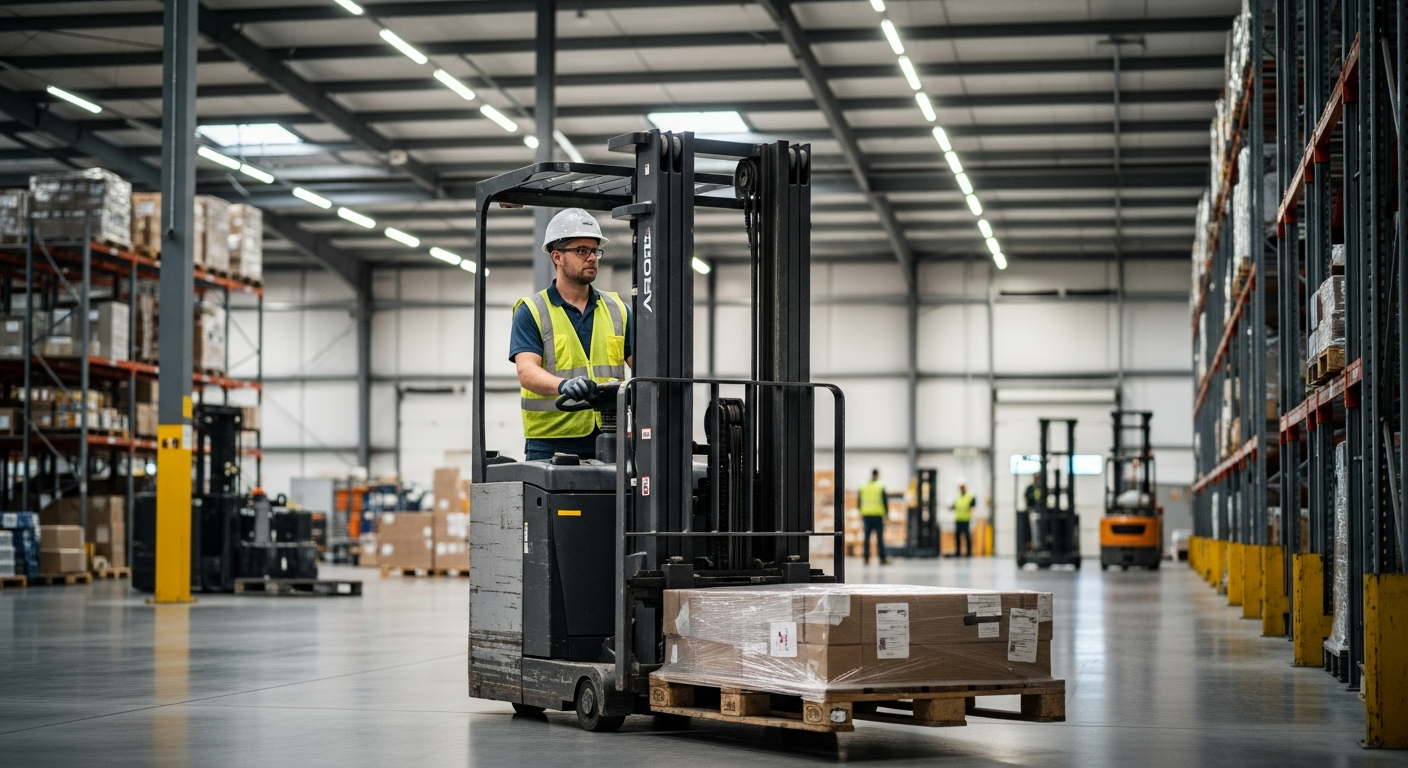Unveiling the Potential of Urban Farming in Real Estate
Introduction: As urban populations continue to surge, the need for sustainable, localized food production is becoming increasingly apparent. Enter urban farming—a real estate trend with potential not only for economic growth but also for community development and environmental stewardship.

The Dawn of Urban Farming in Real Estate
Urban farming, in its simplest form, involves the cultivation, processing, and distribution of food in urban areas. This innovative method of food production, which can take place on rooftops, in backyards, or even within buildings, has grown considerably in recent years. This growth can be attributed to many factors, including increased urbanization, a growing interest in sustainably produced food, and the desire for community empowerment and food security.
Current Trends and Financial Insights
Urban farming is gaining momentum in the real estate sector, with developers increasingly integrating it into their projects. In fact, a 2020 report from the Urban Land Institute found that incorporating urban farming into real estate development can increase property values, reduce operating costs, and enhance marketability. Furthermore, urban farming initiatives can provide significant social, environmental, and economic benefits, such as improved community health, increased biodiversity, and job creation.
The Power and Potential of Urban Farming
Despite the numerous advantages, urban farming in real estate also presents several challenges. These include regulatory hurdles, high upfront costs, and the need for specialized knowledge and skills. However, with the right strategies and resources, these challenges can be overcome.
For instance, partnerships between real estate developers and urban farming organizations can provide the necessary technical expertise and funding. Additionally, policy reforms can help create more supportive environments for urban farming initiatives.
The Impact on Buyers, Sellers, and Investors
So, what does the rise of urban farming mean for various real estate stakeholders? For buyers, properties with urban farming facilities can offer a unique selling point, particularly for those seeking a sustainable lifestyle. For sellers and developers, these properties can command higher prices and attract more interest.
For investors, urban farming presents a unique opportunity to tap into a growing market while also contributing to sustainable development goals. However, like all investments, it’s important to thoroughly research and consider the potential risks and rewards.
The Future of Urban Farming in Real Estate
Urban farming is more than just a passing trend—it represents a shift towards more sustainable and resilient urban environments. As this field continues to grow and evolve, it will undoubtedly shape the future of real estate. Whether you’re a buyer, seller, or investor, understanding the potential of urban farming could provide valuable insights for your real estate decisions.
In conclusion, urban farming offers an innovative and sustainable solution to some of the most pressing challenges of our time. It’s a trend that’s worth watching, and one that could transform the face of real estate as we know it.




